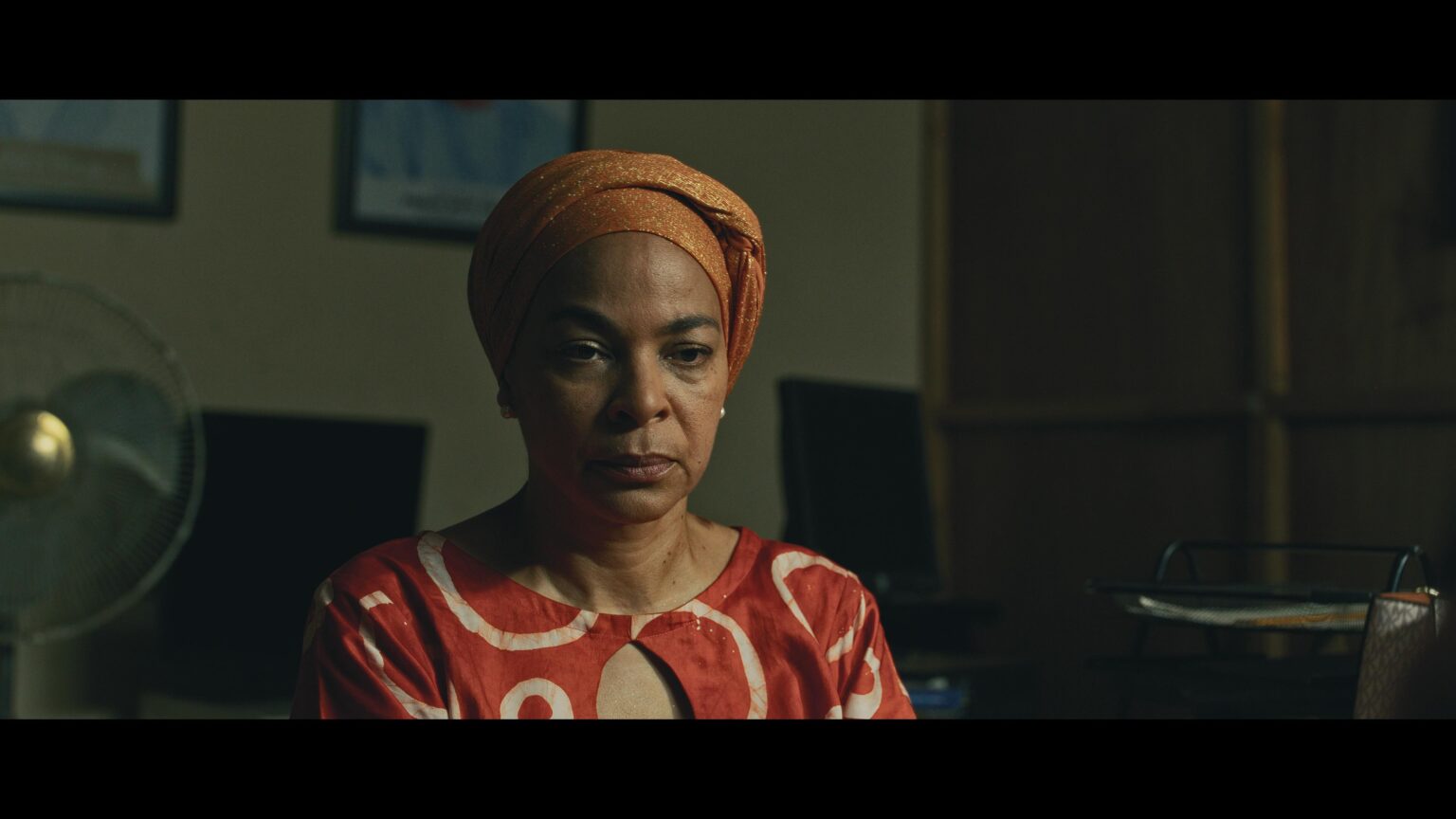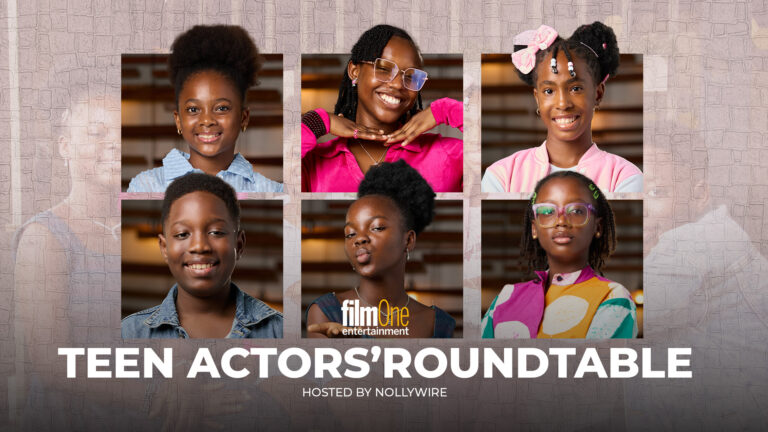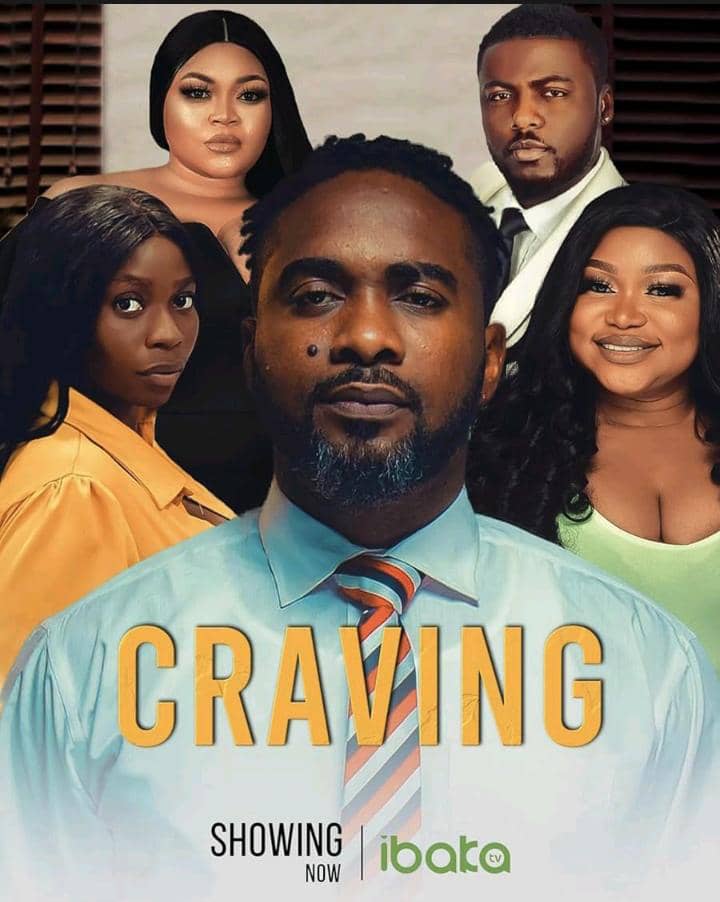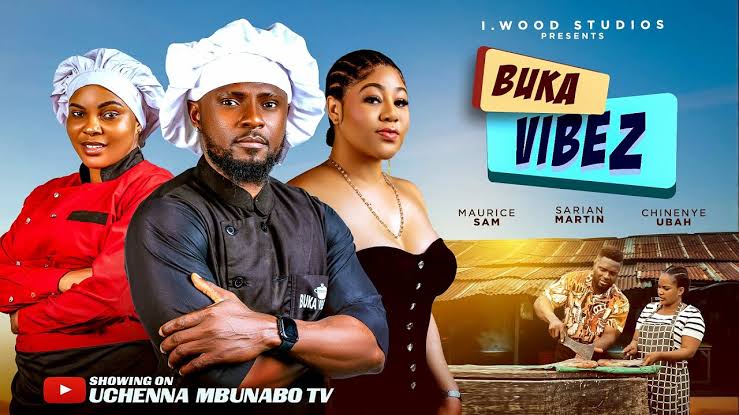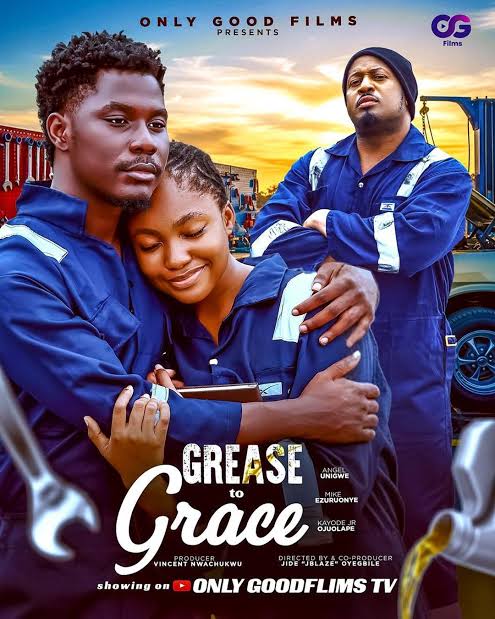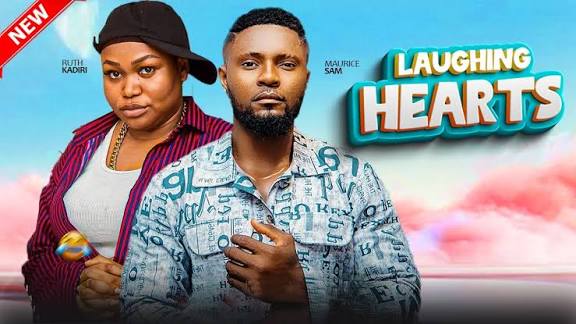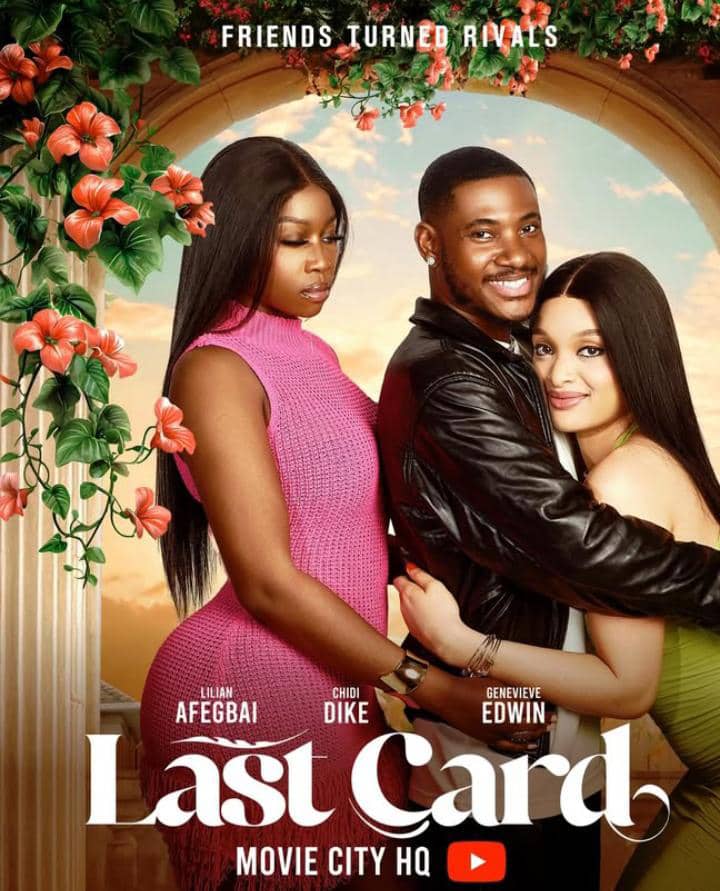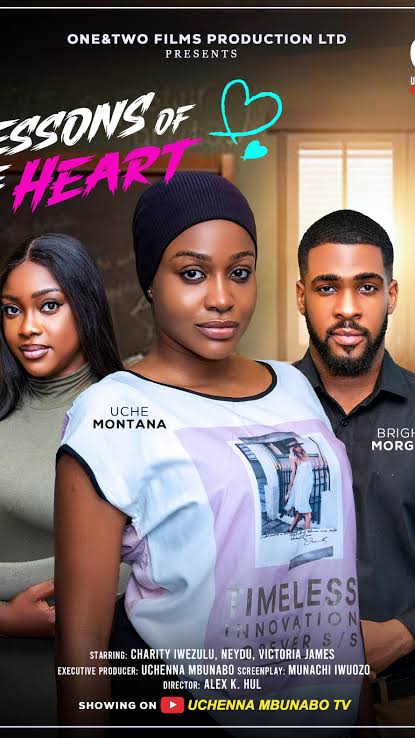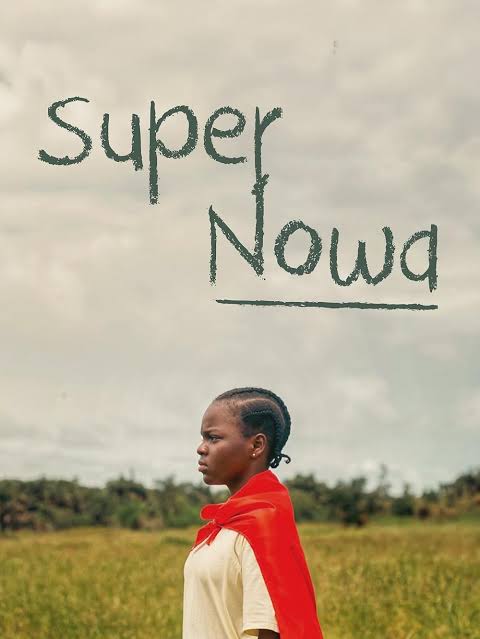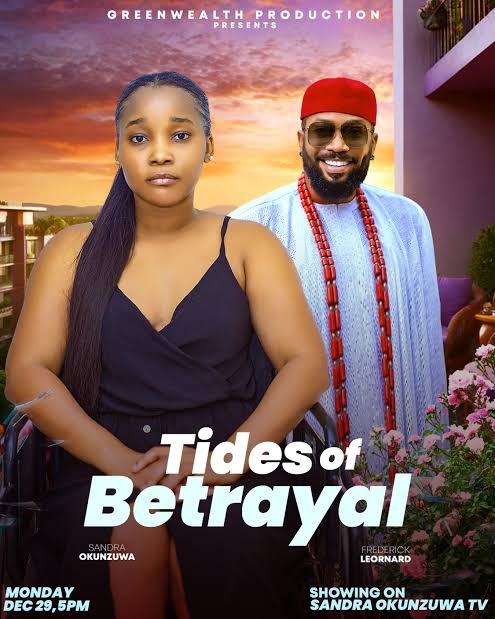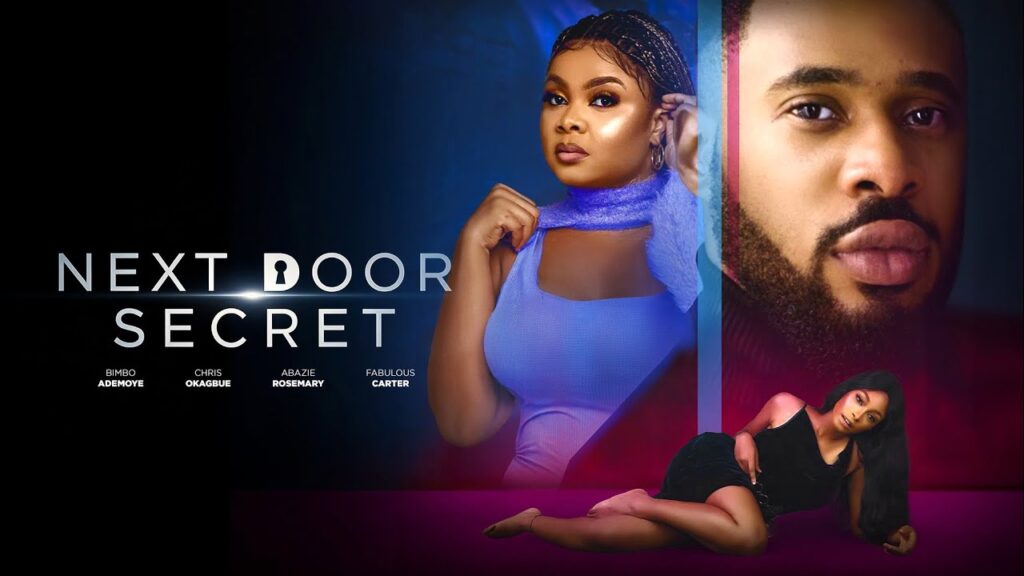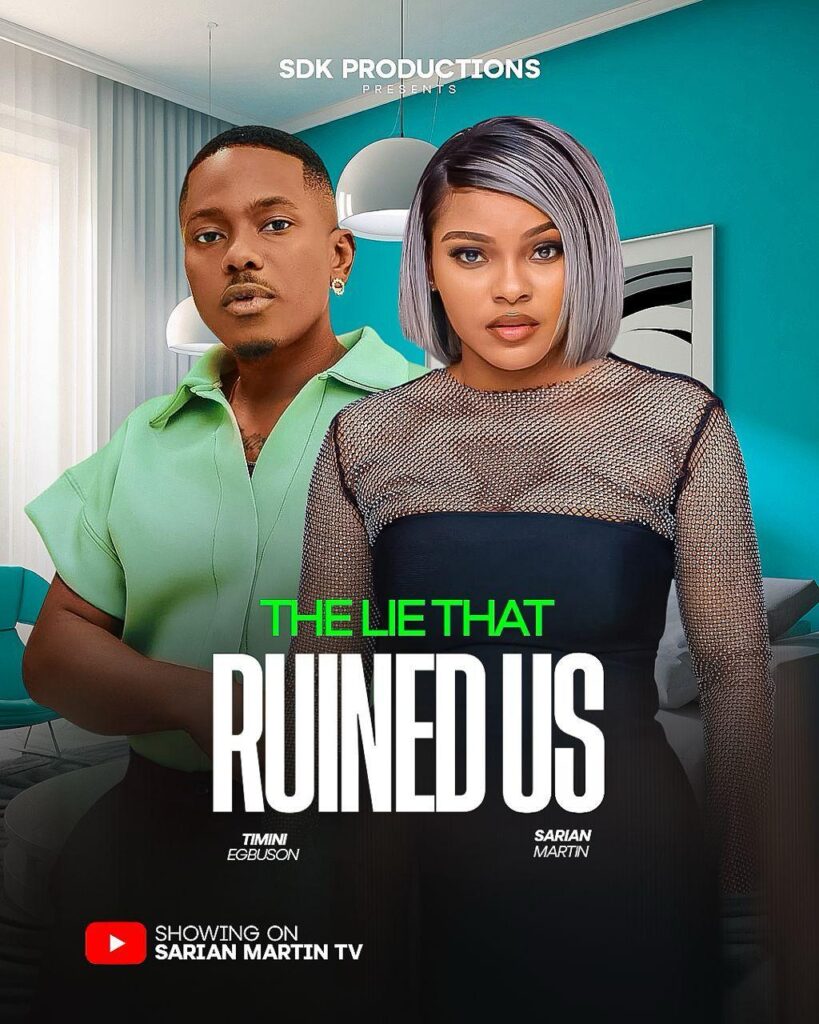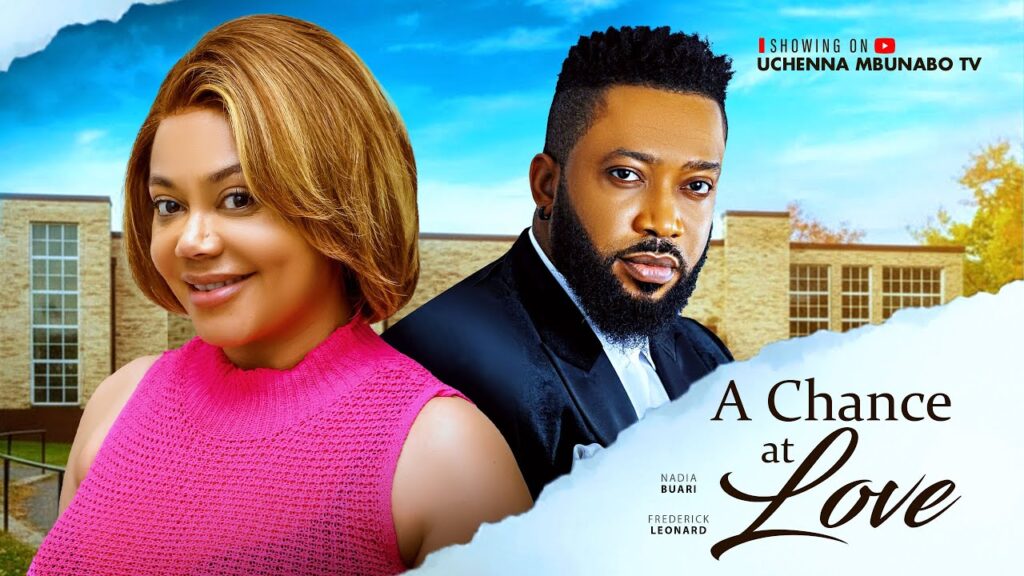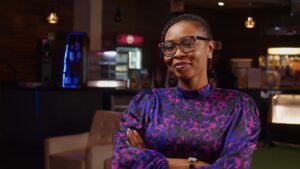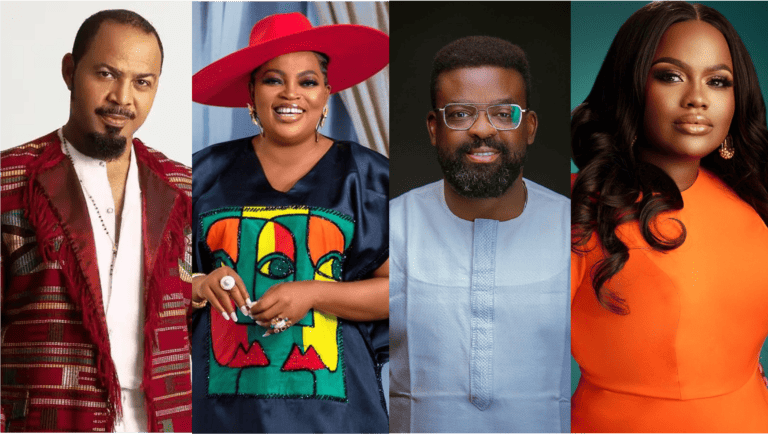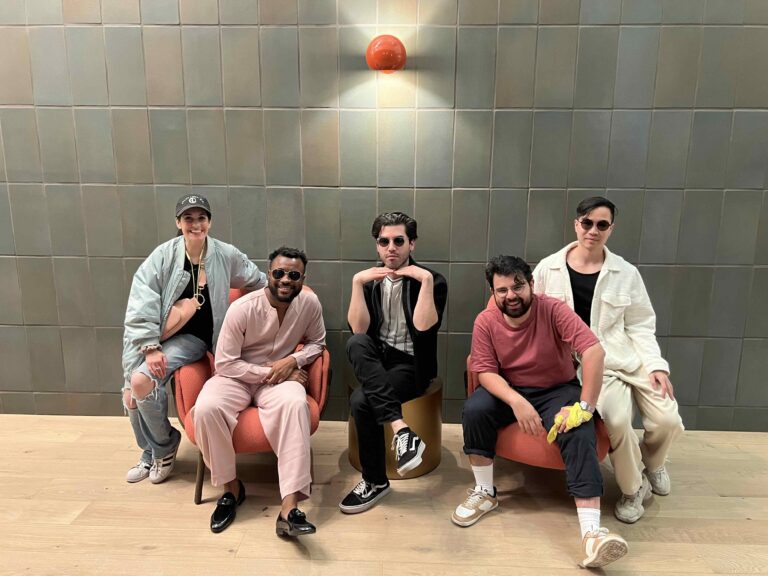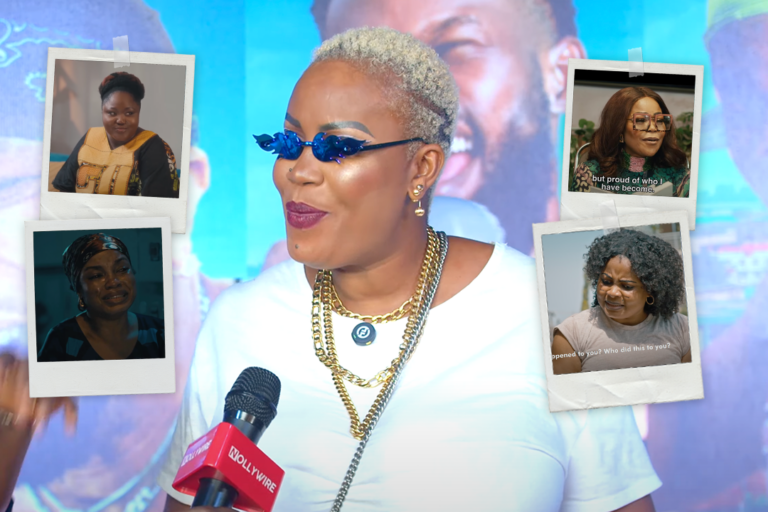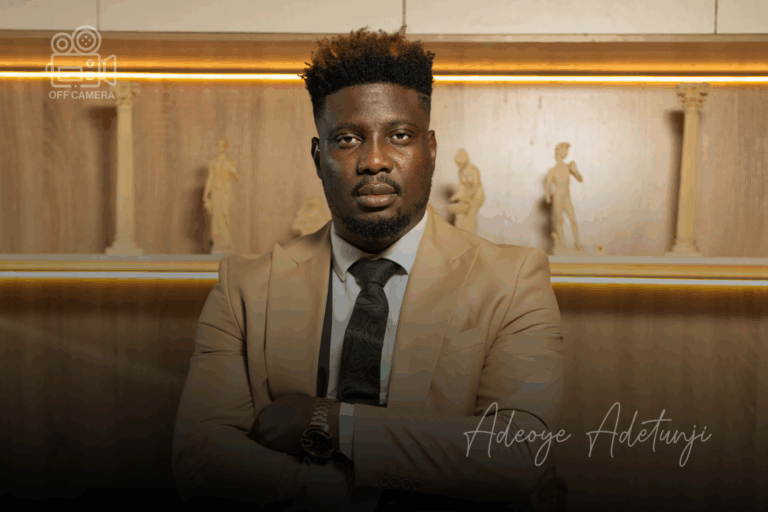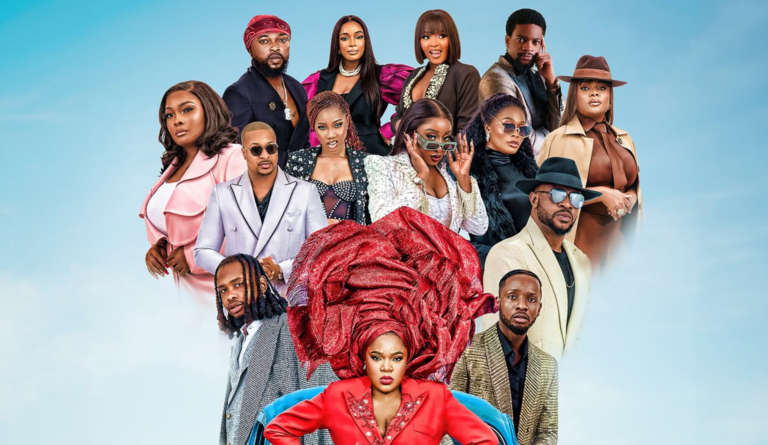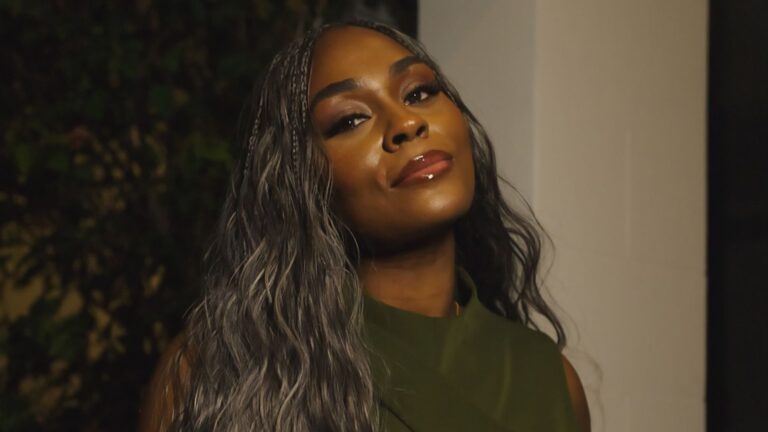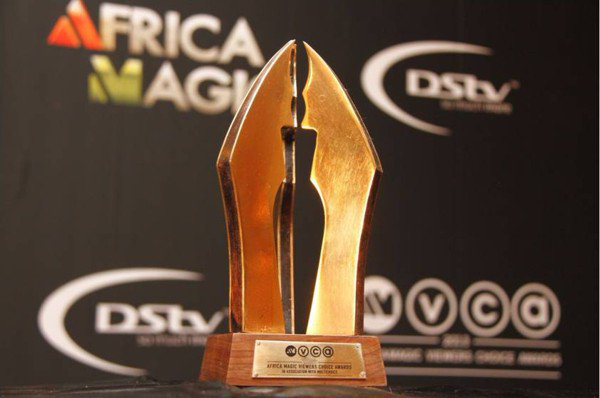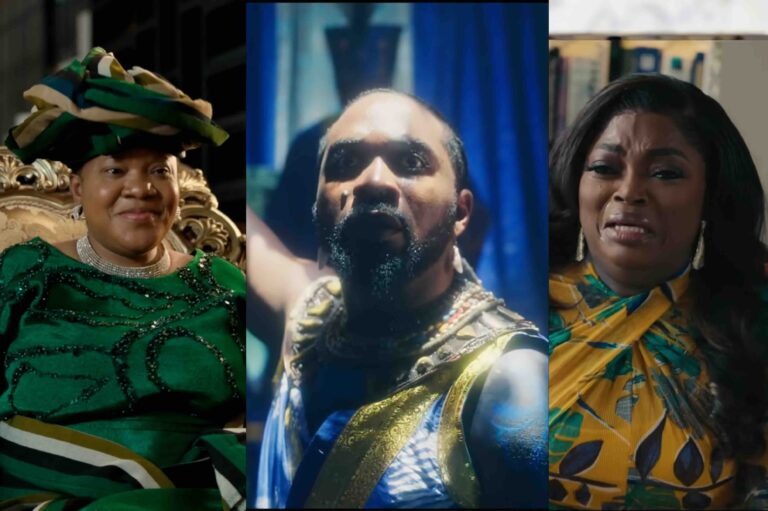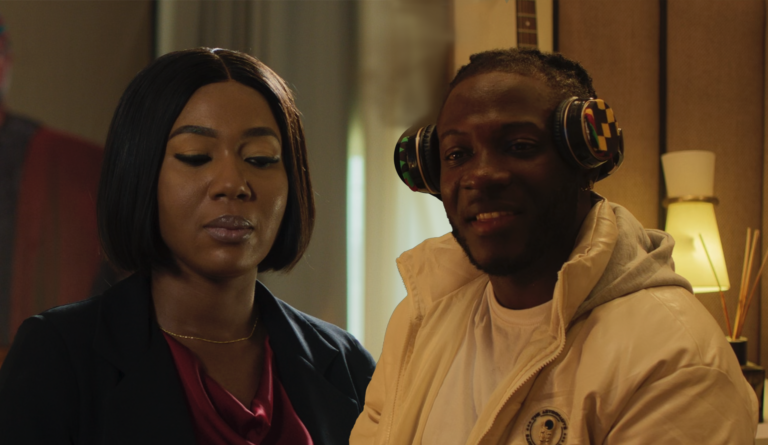For over a decade, Ifeoma Fafunwa’s name has been synonymous with ‘Hear Word!’, the globally acclaimed stage production spotlighting the lives and struggles of women. But in ‘The Lost Days’, directed by Wingonia Ikpi under the First Features Project, Fafunwa steps onto a different kind of stage: the screen.
What’s surprising isn’t that she took on the role — but that she almost didn’t.
“I ran away,” she says, laughing. “It wasn’t that I didn’t want to do it — I was afraid.”
She showed up for the audition to do “something new”, not because she believed she would be cast. She had even booked a haircut and a trip — distractions to avoid the possibility of something deeper taking root. But when the role of Chisom was offered, she panicked.
“It was fear talking,” she admits. “I’ve been directing for so long, and people trust me. What if I get on set and do a shitty job? Will the actors I direct still trust me after that?”
This moment of vulnerability sits at the heart of Fafunwa’s screen debut — and the story of ‘The Lost Days’ itself.
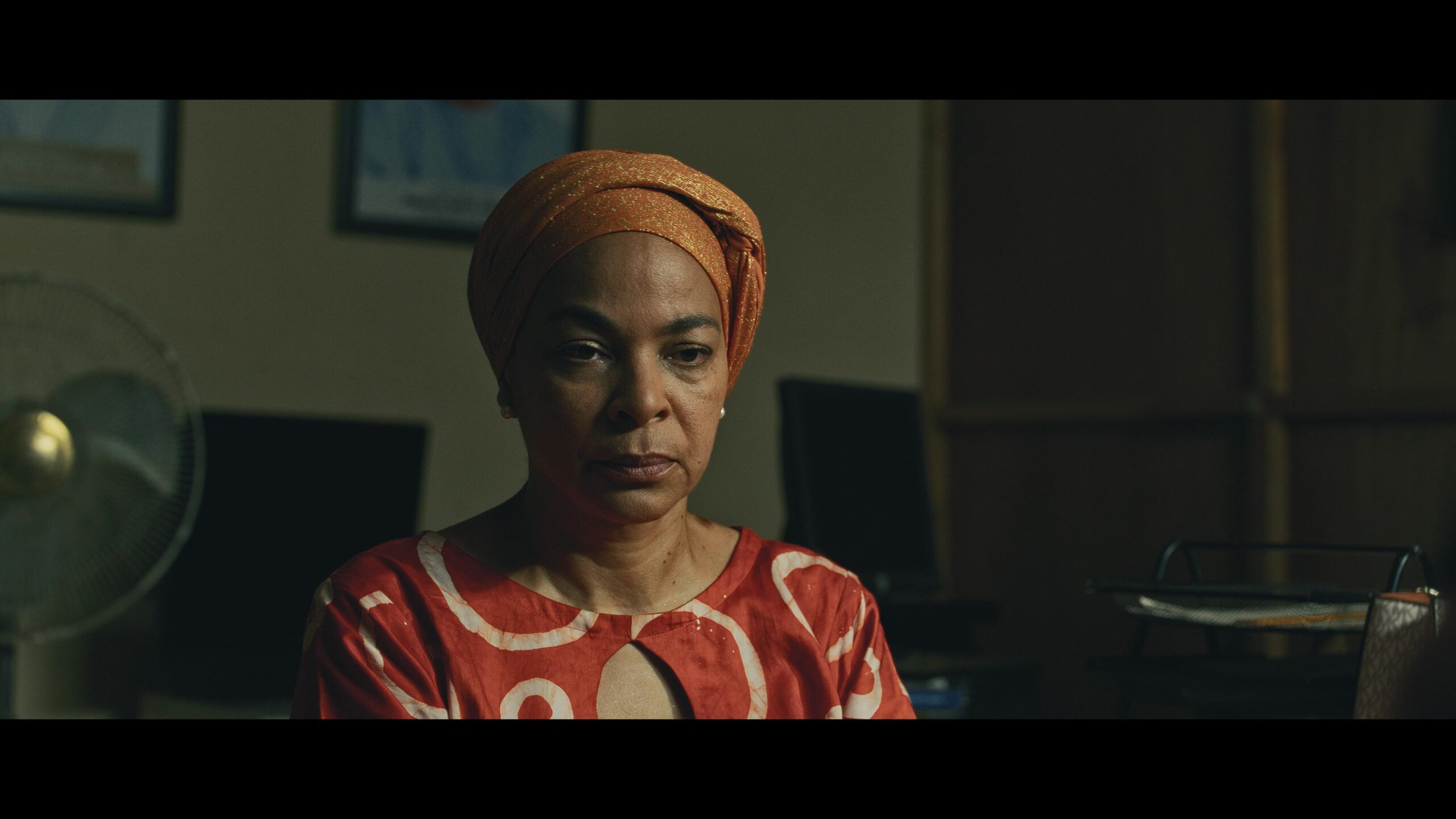
‘The Lost Days’ Gave Ifeoma Fafunwa A Way of Starting Over — On Screen and Off
Fafunwa has been directing ‘Hear Word!’ for 11 years, travelling the world, speaking on gender equity, and crafting performances that are equal parts art and activism. But by the end of 2024, the success began to weigh differently.
“I started to feel boxed in,” she says. “Like my own work had contained me. Nobody was giving me money to make new plays — and I wasn’t even asking. I had become too comfortable.”
The desire to do something radically new, even scary, became its own quiet protest. She wanted to reset — to swim, to cut her hair, to audition with no guarantees. ‘The Lost Days’ landed in that moment.
The role she plays in the film, Chisom, mirrors that personal disruption.
“She’s just come through an illness. She makes a decision to live differently, to dig deeper, to go after what she’s been ignoring,” Fafunwa reflects. “And I realised — that’s exactly where I was.”
The parallels didn’t end there. Chisom is a leader — a mother, a successful woman with a sharp edge. Fafunwa doesn’t claim to share her character’s impulsiveness — “I hesitate, I procrastinate” — but she admired Chisom’s clarity, her refusal to wait.
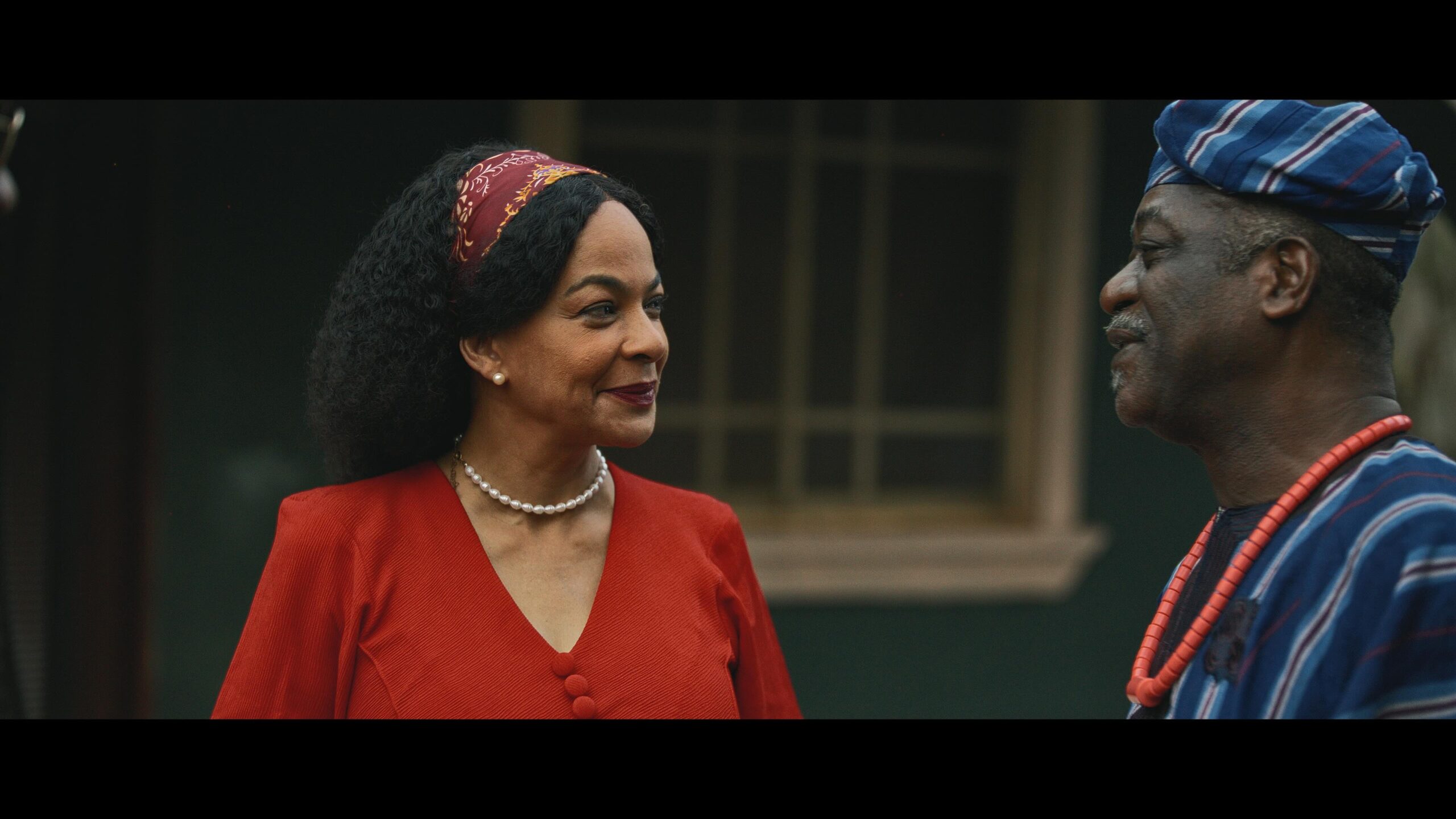
There’s also the broader resonance. ‘The Lost Days’ is directed by a woman, produced by a woman, and features a female-led cast. Fafunwa felt that as she watched Wingonia Ikpi come into her own as a first-time director.
“Maybe I should’ve been minding my business,” she jokes, “but I was watching her and putting out good vibes.”
The film, now streaming on Prime Video, is the ninth in First Features Project’s twelve-film slate, the training and production initiative by Steve Gukas and Dotun Olakunri. It joins other intimate, performance-led works like ‘Kill Boro’ and ‘Love and Life’.
Fafunwa, however, wasn’t quite as confident at first.
“I wasn’t prepared. I didn’t even know my lines properly,” she admits. “I behaved in ways I wouldn’t accept from actors on my stage. But after the first scene, I knew: this is real. I had to catch up quickly.”
When asked if she’ll do more acting, she doesn’t flinch — but she doesn’t commit either.
“Let me not lie to you — I’m still in sticker shock,” she says. “I don’t know if I’m an actor. I don’t know if I’m good. I just know I loved doing it.”
What she is sure of is the kind of work that moves her: transformative stories. “Community-changing, country-changing, world-changing — that’s what I’m drawn to,” she says.
She’s not actively planning her next screen role. But she is listening, watching. And she knows what she’d tell anyone standing where she stood last year — someone staring at the edge of something unfamiliar.
“Try it,” she says. “Some people are stronger on film than stage. Some are better on stage. But if you’ve done one, it doesn’t mean you can’t do the other.”
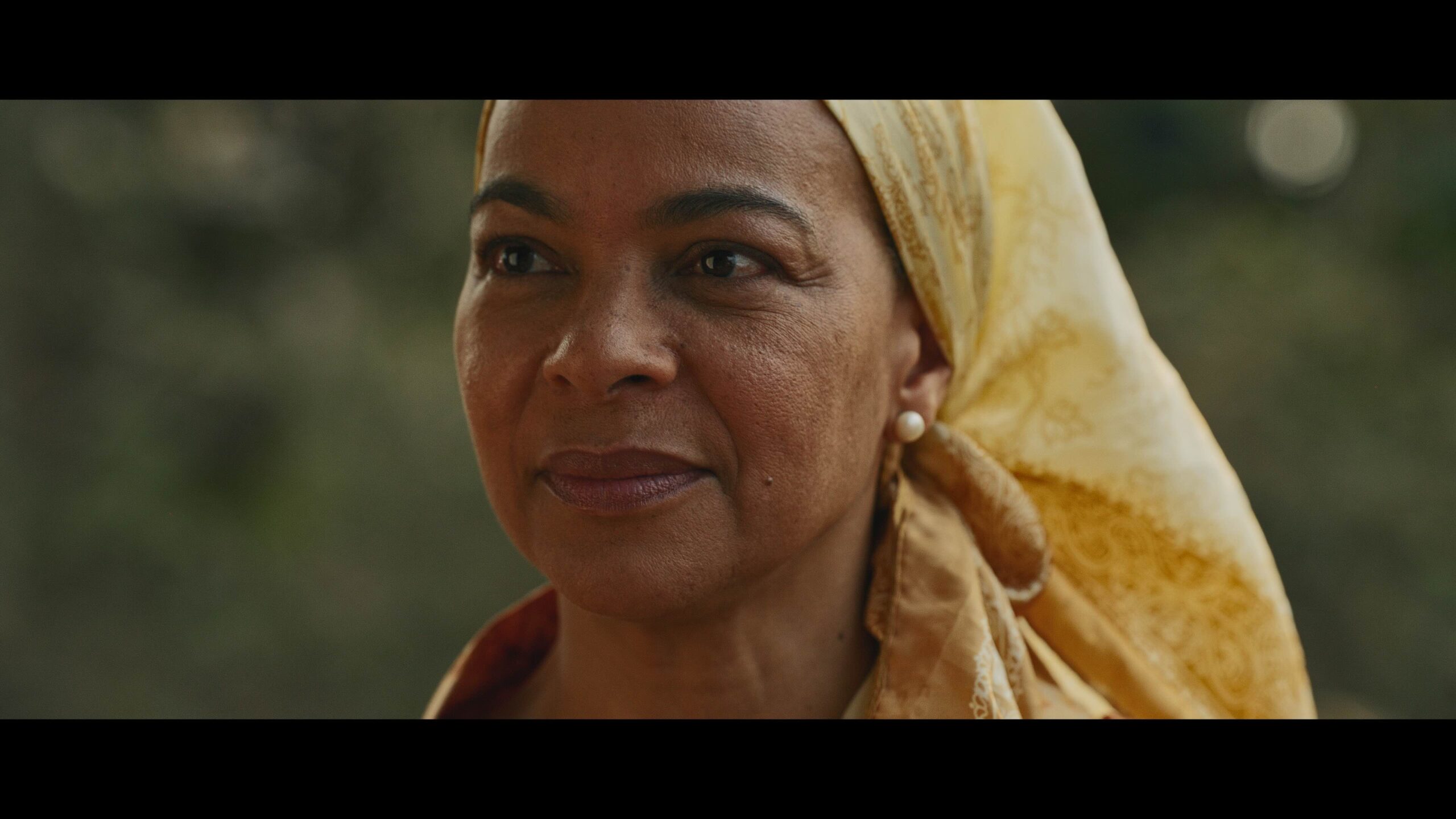
The film’s title raises a difficult question: can we ever truly recover what we’ve lost?
“The rational part of me says no — time is time,” Fafunwa says. “But another part of me knows we can make up for it. We can live with depth, with truth, with quality. We can apologise. Reconnect. Do things differently.”
That’s what ‘The Lost Days’ is about. And that’s the journey Fafunwa now finds herself on — not as a screen actor, necessarily, or even as a theatre director, but as a woman choosing not to let fear make her decisions anymore.
She may still hesitate. But she no longer hides.
Have you watched ‘The Lost Days’ on Prime Video? Rate and share your review here.

